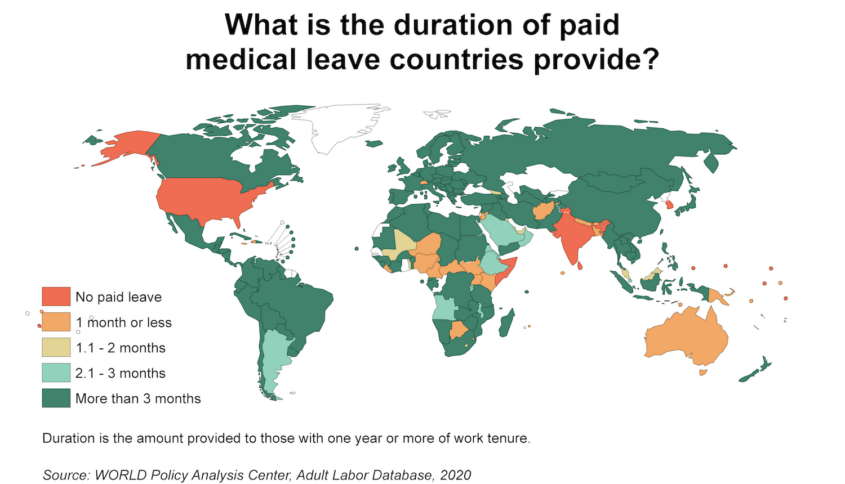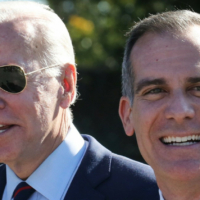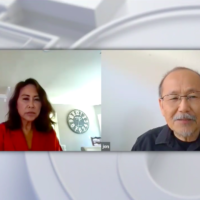U.S. Sick and Medical Leave Policies Widen Racial Inequalities, Study Finds
Paid sick and medical leave is a powerful tool for preventing the spread of COVID-19 and other diseases and ensuring all workers have access to treatment, yet tens of millions of American workers lack coverage. The U.S. is one of just 11 countries in the world without a national, permanent paid medical leave policy, according to new research led by Jody Heymann, distinguished professor of public health, public policy and medicine. Further, unpaid leave provided by the U.S. Family and Medical Leave Act (FMLA) is restricted by eligibility rules that have created marked racial and gender gaps, said Heymann, who directs the WORLD Policy Analysis Center at the UCLA Fielding School of Public Health. The study, published in Health Affairs, included these findings:
- In the private sector, 18.7% of Latinas, compared to just 8.4% of white men, lack access to FMLA leave because of its minimum annual hours requirement.
- Requiring one year with the same employer excludes higher shares of Black (22%), Indigenous (22.9%) and self-identified multiracial (27.7%) workers than white workers (19%).
- Over a third of private-sector workers are employed by a business with fewer than 50 employees, making them ineligible for FMLA benefits.
The study’s analysis of data from 181 countries found that providing paid sick and medical leave to all workers — including the self-employed, a group commonly excluded from key social security and labor protections — is readily achievable. “Only by ensuring we design our paid leave policies to reach every worker can we protect public health and take one important step toward rectifying the longstanding and devastating racial and socioeconomic inequalities that have only intensified during this pandemic,” Heymann said.










Wow, this is eye-opening! It’s crazy how racial inequalities are so deeply ingrained in something as basic as sick leave. Definitely needs to be addressed ASAP.
From a legal perspective, this article highlights how the absence of a comprehensive national paid leave policy in the U.S. disproportionately affects marginalized communities. As a lawyer, I see this as a significant issue of equity and justice. The current system, with its eligibility restrictions, perpetuates existing racial and gender disparities in access to healthcare and job security. It’s clear that a more inclusive and equitable paid leave policy is needed to protect public health and address systemic inequalities.